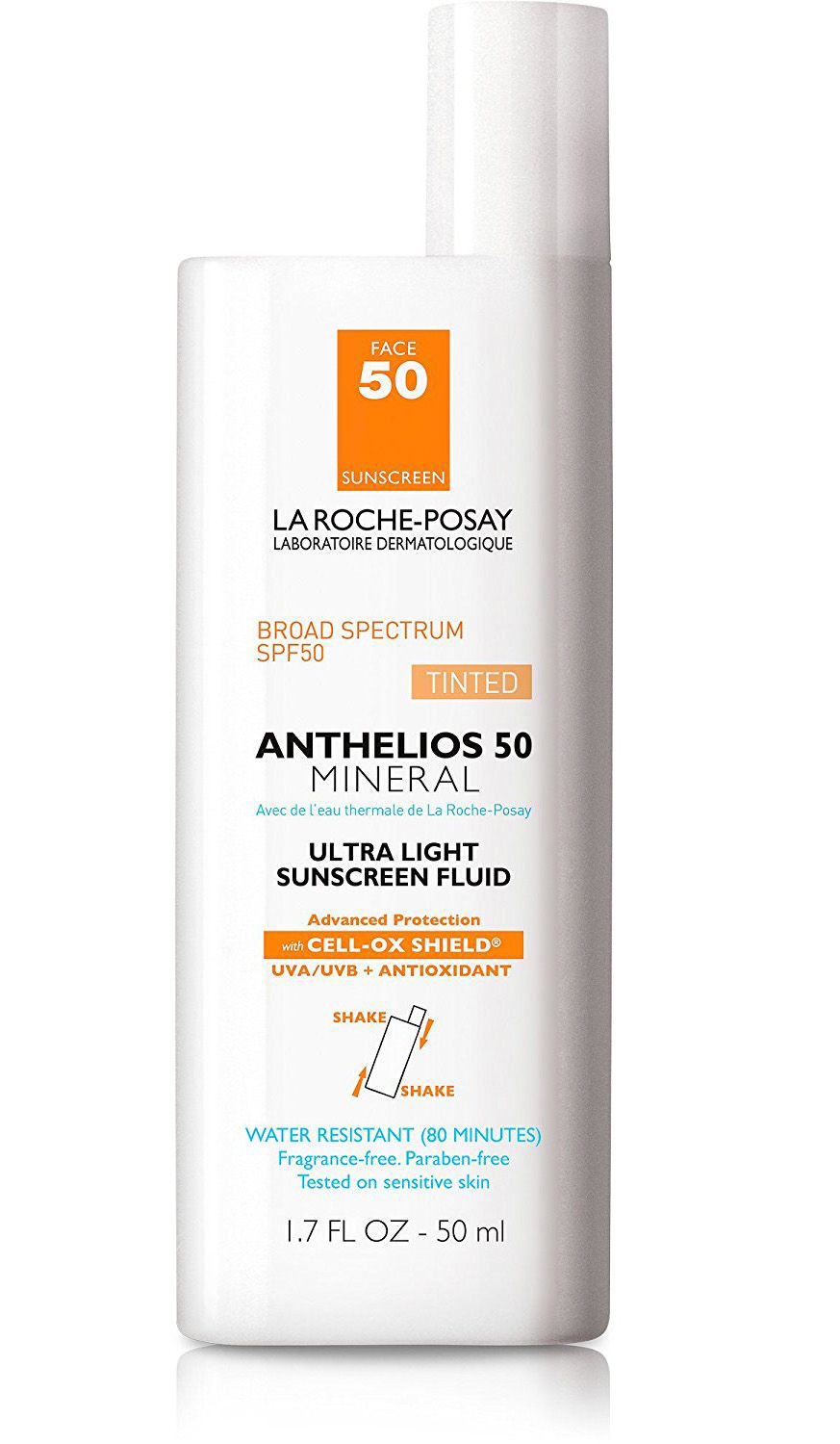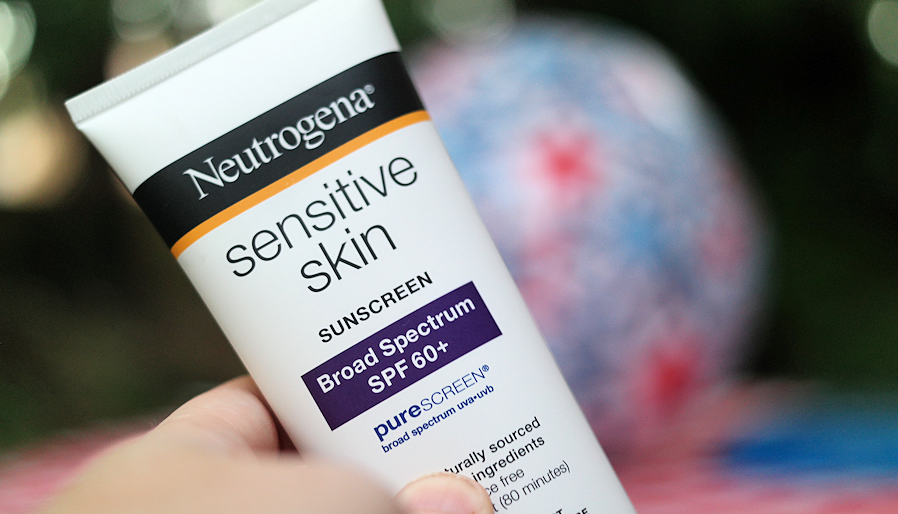

Finally, whenever you add a new product to your skin care regimen, do a spot test on your inner arm to make sure it doesn't cause irritation.īustle also spoke with dermatologist Dr. Other tips: Avoid products with added fragrance, steer clear of overly drying alcohols, and when in doubt, try formulas designed with the sensitive skin of babies and children in mind, because they're typically much more gentle. Tsippora Shainhouse tells Bustle, so look for sunscreens that contain zinc oxide or titanium dioxide, which are the main active ingredients in mineral (also known as physical) sunscreens. To start, the best sunscreens for sensitive skin are typically mineral-based, board-certified dermatologist Dr. To help make the process easier, we asked dermatologists to help select their favorite formulas for sensitive skin.Finding a sunscreen that's effective at blocking the sun's damaging rays without causing irritation to your sensitive skin doesn't have to be complicated if you follow a few simple guidelines. Nussbaum.Ĭlearly there's a lot to consider when shopping for sunscreen-especially if you need a formula that's suitable for sensitive skin. These include hyaluronic acid and glycerin,” says Dr. Other emollients are referred to as humectant emollients as they contain moisture that attracts moisture from the outside, like a magnet, into the skin. “Emollients that contain a higher concentration of oils are often referred to as occlusive emollients since they help to form a protective barrier over the skin to lock in moisture. Look for ingredients like shea butter, oils, esters, lipids, and fatty acids. Some lightweight sunscreens won't have as many hydrating properties, so choosing a thicker texture will keep your dry skin soothed and protected.
:max_bytes(150000):strip_icc()/cdn.cliqueinc.com__cache__posts__260708__sunscreen-for-sensitive-skin-260708-1529101938847-product.700x0c-e317af18549647b58fe1be083404b397.jpg)

This way, “your pores will not get clogged, especially in the warmer temperatures, which trigger sebaceous gland secretions,” she adds.įinally, if you have dry skin, your sunscreen should be a creamy formulation. If your sensitive skin is also acne-prone, look for a sunscreen that’s non-comedogenic and oil-free. However, beware of certain essential oils which can be in clean products and can also trigger skin irritation,” says Dr. “Clean products are less likely to contain skin irritants in their formulas. In addition to opting for mineral formulas, stick with clean sunscreens when you can. What to look for in a sunscreen if you have sensitive skin "These compounds can cause skin irritations and allergic reactions that manifest as red, stinging, inflamed skin or a sunscreen allergic reaction, which may look like poison ivy,” adds Dr. Chemical sunscreens are more likely to cause skin irritation since they contain carbon-based compounds, such as oxybenzone, octinoxate, octisalate, and avobenzone, she explains. Physical sunscreens sit on top of the skin and reflect the sun’s rays (think mineral SPFs with titanium dioxide and zinc oxide), whereas chemical sunscreens absorb the UV rays and then release them from the body. You may want to pass on chemical sunscreen ingredients if your skin if finicky, says Dr. What to avoid in a sunscreen if you have sensitive skin “For those with sensitive skin, look for sunscreens that are mineral-based (meaning the active ingredients are zinc or titanium dioxide), paraben-free, fragrance-free, and hypoallergenic,” she explains.

Nussbaum notes that regardless of your skin type, you should seek a sunscreen marketed as broad-spectrum, that has an SPF of 30 or above, and is water-resistant (perfect for when you’re swimming a few laps or sweating at your outdoor cycle class.).
Sunscreen for sensitive skin how to#
How to shop for sunscreen if you have sensitive skinīefore you start adding sunscreens to your cart, Dr. Sunscreens are no different: Certain formulas may contain ingredients that make the skin more reactive. “Generally, someone with sensitive skin could be reactive to any added ingredient, like a fragrance or parabens,” she says. On that last one, she notes that a faulty skin barrier may allow ingredients to penetrate more deeply into the epidermis and can cause irritation. “Sensitive skin can be caused by genetics, skin disorders like rosacea and eczema or a compromised skin barrier,” says board-certified dermatologist Dendy Engelman, MD. Why? When you have a highly reactive complexion, sunlight and heat tend to be triggers for irritation, says Marnie Nussbaum, MD, a dermatologist in New York City.įor the most delicate and temperamental skin types, it’s key to understand what's happening just below the surface so you can select the right product for you. In general, the most effective sunscreen is the one you'll actually use-and sensitive skin types, in particular, need to find a formula they'll enjoy putting on regularly.


 0 kommentar(er)
0 kommentar(er)
